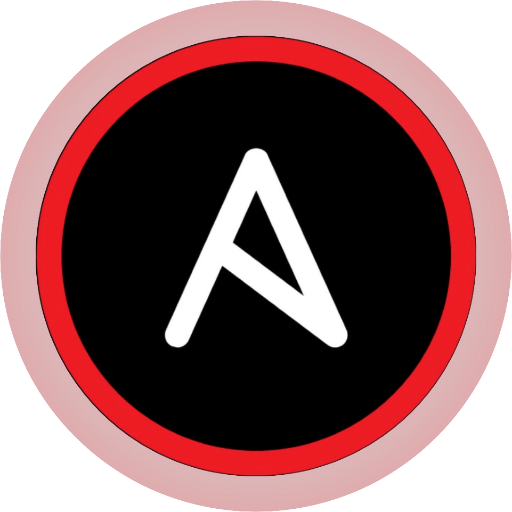Angular-AI-based Angular solutions
AI-powered Angular development made easy
👤 Build a full login screen with password recovery
⭐️ Transform this UI design into Angular code
🪲 Find any bug or improvement in my code
💡 Teach me a useful skill or trick in Angular
Related Tools
Load More20.0 / 5 (200 votes)
Introduction to Angular
Angular is a platform and framework for building single-page client applications using HTML and TypeScript. Developed and maintained by Google, Angular provides a robust and efficient environment for creating dynamic web applications. Its design purpose is to enable developers to create fast, scalable, and maintainable web applications. Angular achieves this through features like declarative templates, dependency injection, end-to-end tooling, and integrated best practices. For example, an e-commerce site can use Angular to dynamically display product lists, handle user authentication, and process orders all within a single-page interface, offering a seamless user experience.

Main Functions of Angular
Declarative Templates
Example
Angular uses HTML-based templates that define the view in an application. These templates are declarative, meaning they specify what the view should look like and Angular handles the rendering.
Scenario
In a dashboard application, developers can use declarative templates to bind data directly from a controller to the HTML view. This simplifies the development process and ensures that the UI updates automatically when the underlying data changes.
Dependency Injection
Example
Angular's dependency injection (DI) system allows developers to define how dependencies (services, components) are created, shared, and injected into classes or functions.
Scenario
In a large-scale application, such as a customer relationship management (CRM) system, DI can manage instances of services like data access or authentication, ensuring they are efficiently reused across different components and modules.
Component-based Architecture
Example
Angular encourages building applications as a collection of loosely coupled, reusable components. Each component encapsulates its own logic, styles, and templates.
Scenario
For a blogging platform, each post, comment, and user profile can be a separate component. This modularity allows for easier maintenance and the ability to reuse components across different parts of the application.
Ideal Users of Angular
Enterprise-level Developers
Angular is highly suitable for enterprise-level developers who require a scalable and maintainable framework for building large and complex applications. Its robust tooling, strong typing with TypeScript, and structured architecture make it ideal for managing big projects with many developers.
Single-page Application (SPA) Developers
Developers focused on creating SPAs benefit greatly from Angular’s capabilities. Its ability to handle dynamic content, provide a smooth user experience, and support client-side routing makes it an excellent choice for applications that need to function like desktop apps within a web browser.

How to Use Angular
1
Visit aichatonline.org for a free trial without login, also no need for ChatGPT Plus.
2
Ensure you have Node.js installed as it is required for Angular CLI. Download and install from the official Node.js website.
3
Install Angular CLI globally by running `npm install -g @angular/cli` in your terminal.
4
Create a new Angular project using the command `ng new project-name` and follow the prompts to set up your project.
5
Navigate to your project directory and start the development server using `ng serve`. Open your browser and go to `http://localhost:4200` to see your running Angular application.
Try other advanced and practical GPTs
Javascript
AI-powered JavaScript Guide

Flutter
AI-powered cross-platform app development

Circuit Helper
AI-powered circuit design and simulation guidance.

Viral Video Wizard
AI-Powered Content Creation Simplified

Mind Map Constructor
AI-powered interactive mind mapping

¡Hola! ¿Qué tal?
AI-enhanced Spanish translation and correction.

Ansible
AI-powered IT automation

Thermo Lecturer
AI-powered Thermodynamics Insights

Docker Helper
AI-Powered Docker Assistance

Python GPT Guru
AI-powered Python solutions, simplified.

Jewellery Designer Image Generator
AI-Powered Custom Jewelry Design Made Easy

Stat Master
AI-Powered Statistical Analysis Made Easy

- Web Development
- TypeScript
- Server-Side
- Single-Page
- Framework
Common Questions About Angular
What is Angular?
Angular is a platform and framework for building single-page client applications using HTML and TypeScript. It is maintained by Google and provides a robust set of tools and libraries for building complex applications.
How do I update Angular to the latest version?
To update Angular to the latest version, use the Angular CLI command `ng update @angular/cli @angular/core`. Ensure you have a backup of your project before updating to prevent any issues.
What are Angular modules?
Angular modules are containers for a cohesive block of code dedicated to an application domain, a workflow, or a closely related set of capabilities. Every Angular application has at least one module, the root module, which is used to bootstrap the application.
How can I improve the performance of my Angular application?
To improve performance, you can use lazy loading for modules, ahead-of-time (AOT) compilation, and track by in ngFor directives. Also, minimizing the use of watchers and binding data efficiently helps.
What is Angular Universal?
Angular Universal is a technology that allows Angular applications to be rendered on the server side. This can improve the performance and SEO of your applications by rendering pages as static HTML on the server.